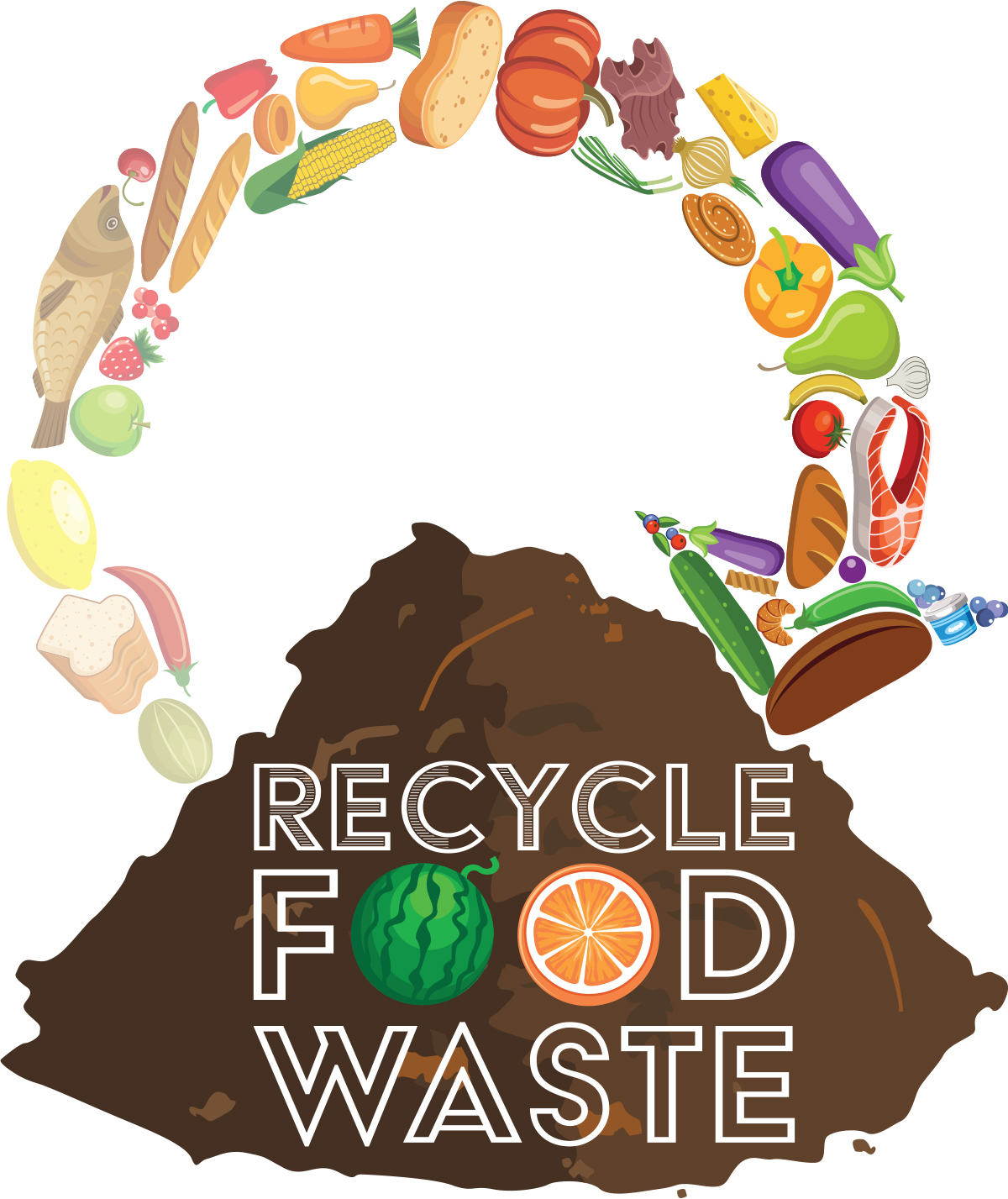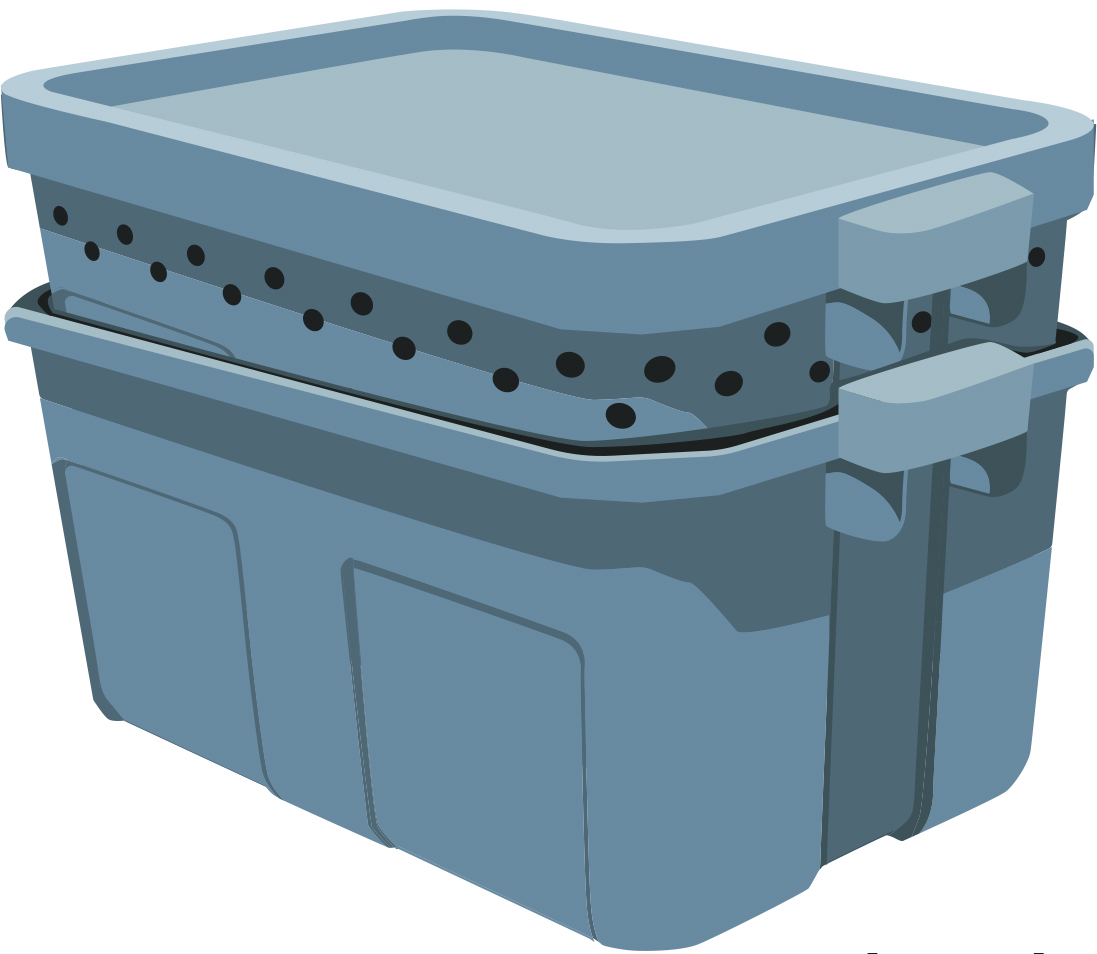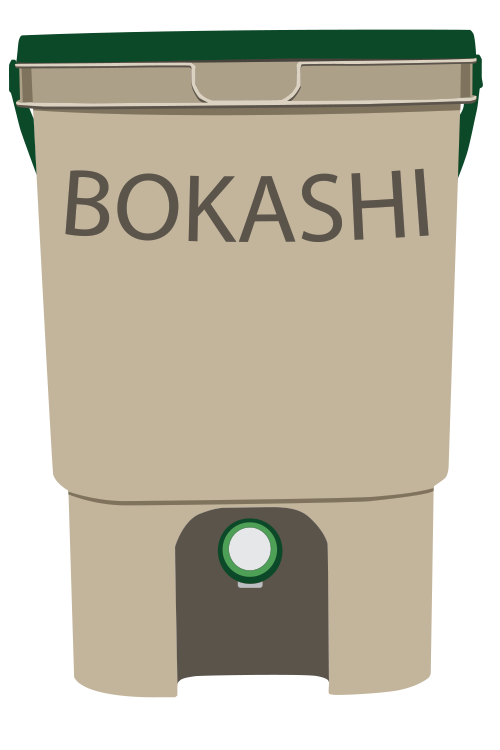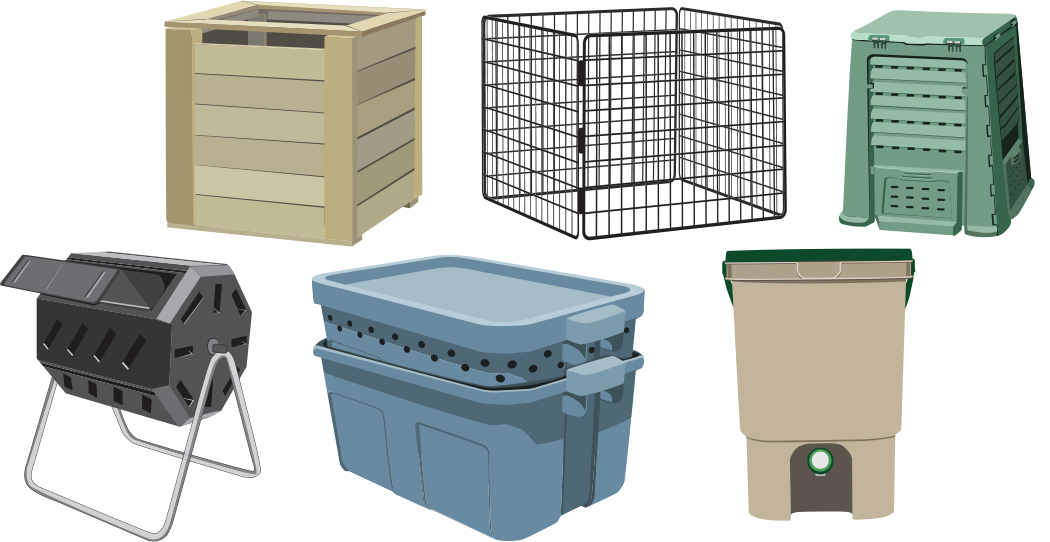
| RECYCLING FOOD SCRAPS (composting)
Did you know that at least 30% of what goes into the City of Dallas landfill is compostable kitchen and yard waste?
After REDUCING the food waste caused from overbuying or improper storage and after REUSING all of the food scraps possible, the last step is RECYCLING those few leftover food scraps.
Composting is nature's way of recycling. Not only does composting help reduce food waste, but it reduces your need for expensive and harmful chemical fertilizers and pesticides, provides nutrients to your soil, and helps retain moisture so you don’t have to water as often. |
WHAT CAN BE COMPOSTED- Food Waste (e.g. egg shells, vegetable & fruit scraps)
- Leaves
- Straw
- Wood chips or sawdust (wood must be untreated)
- Yard trimmings
- Shredded paper, Cardboard, Newspaper
- Tea and coffee grounds
| WHAT SHOULD NOT GO IN COMPOST- Meat, fish & poultry
- Dairy products
- Grease or oils
- Pet droppings
- Treated Wood
- Ashes
- Glossy paper
|
Click
HERE for a more detailed list of what items are and are not compostable.
BACKYARD COMPOSTING
To start composting in your backyard, first decide if you want an open compost pile or a manufactured compost bin. A bin or enclosed pile is typically recommended to discourage pests and make it easier to access the finished compost. Now that you have the right bin for you, it is time to place materials inside. Each time you add materials to your pile, add roughly one share of nitrogen-rich greens and three shares of carbon-rich browns. Add water and mix to make sure your pile has enough air and water. Turn or mix occasionally and allow decomposition to occur for a few months. Click HERE for more information on starting your own backyard composting.

APARTMENT COMPOSTING
If you live in an apartment or have restricted space allotted, you don't have to feel left out. There are a few options that take up very little space and can be done right there in the kitchen.
| Vermicomposting, an indoor method for composting food waste to create small amounts of nitrogen-rich compost in the form of worm castings. Create your own vermicomposting worm bin with these easy INSTRUCTIONS from sustainableamerica.org. If you are not sold on using worms to compost or just want to know more about the process, WATCH this TEDtalks video. |  |
| Bokashi is a composting process that uses microorganisms known as 'Bokashi bran' to ferment organic food waste and create a fertile compost. Bokashi has no food restrictions and requires very little effort to create compost in a very short period of time. Create your own Bokashi bucket system with these step by step INSTRUCTIONS from timetorecycle.com. To learn more about Bokashi and decide if it is right for you, READ this article from sustainableamerica.org. |  |
RESOURCES
Whether you live on a farm or a tiny apartment, anyone can compost since there are so many options in recycling food scraps. Below are resources for more information and additional options on composting.
|  |